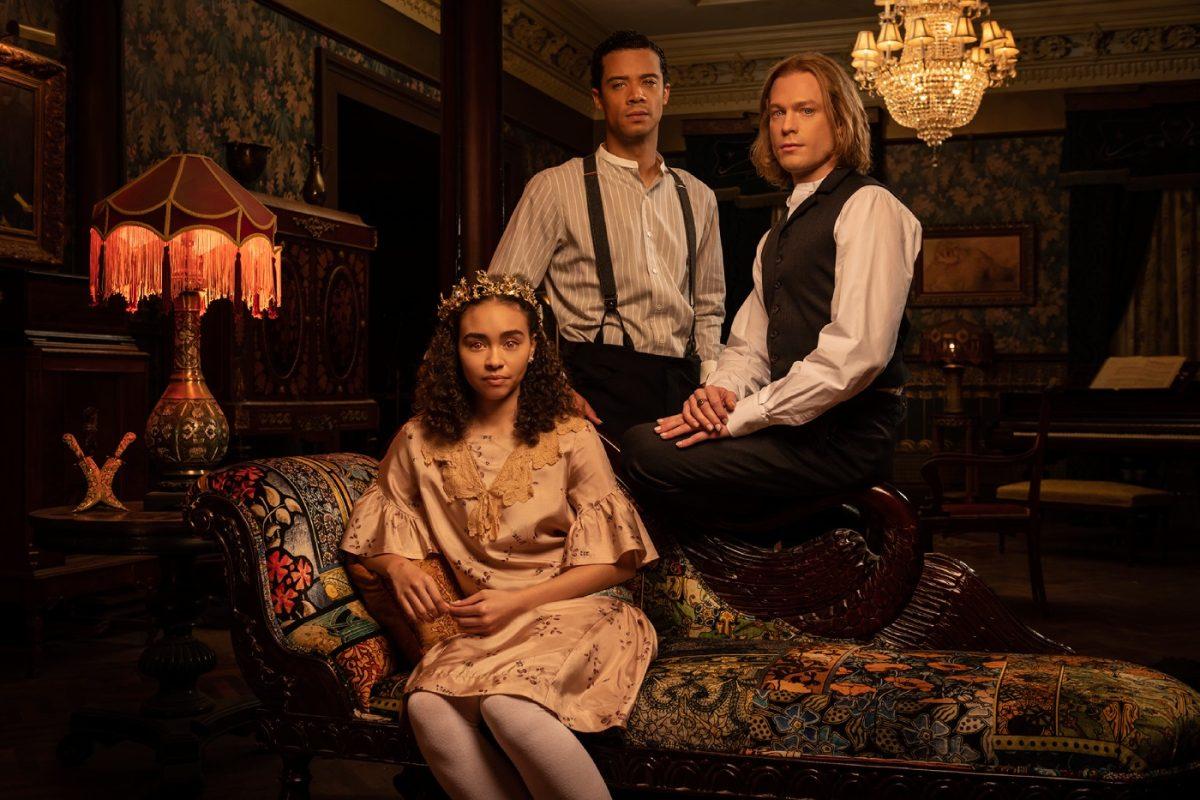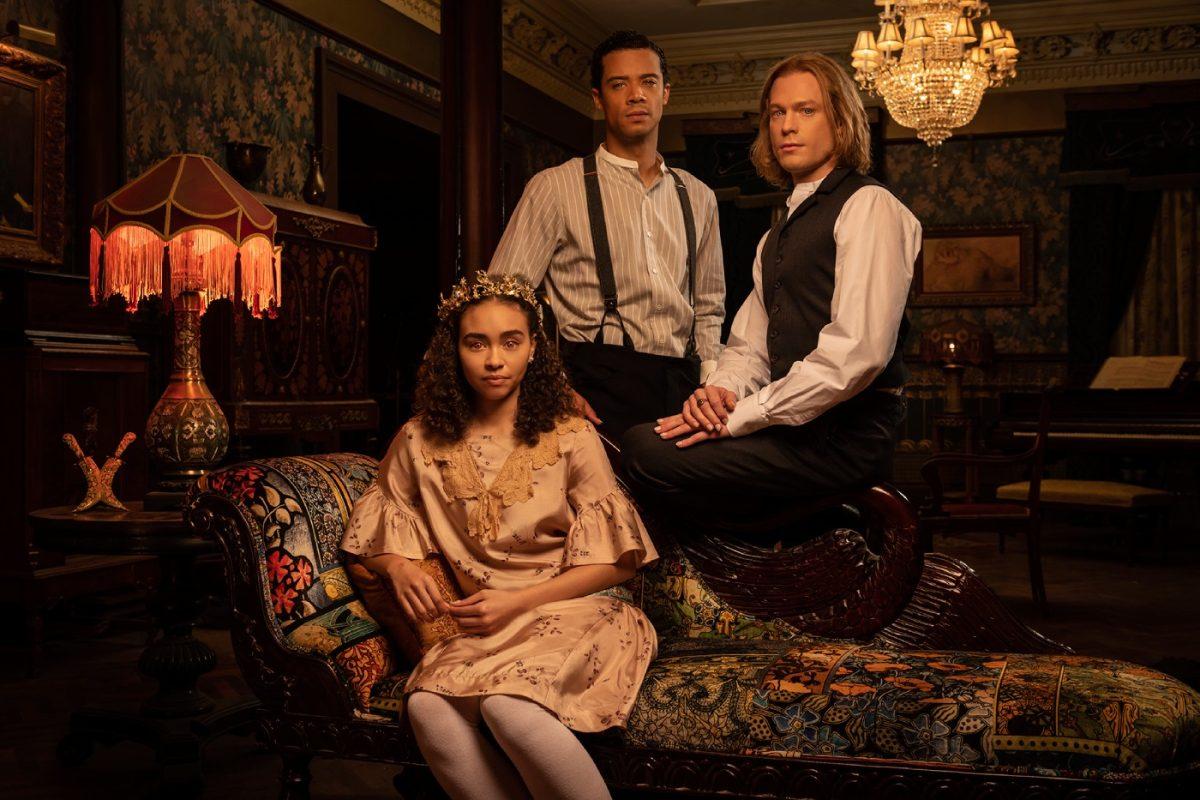
 Photo courtesy of AMC Studios
Photo courtesy of AMC Studios
Rolin Jones’s version of “Interview with a Vampire” sunk its teeth into Black vampirism with its titular characters Louis de Pointe du Lac and Claudia.
The “Interview with a Vampire” TV show took the two traditionally typecast roles of Louis and Claudia and rewrote them for a new era. Louis was originally written as a White slave owner in a Louisiana Plantation feeling guilty for his family having a slave plantation. Claudia was described as a fair skinned and blue-eyed girl with a bloodthirsty affinity for murdering her prey. Jones flipped the script and turned Louis and Claudia into the exact opposite of their counterparts. The TV show version of Louis, for better words, a city slicker supporting his family as a Harlem gangster running an up-and-coming brothel. Separate from the source material, Louis gaining the power of a vampire gave him the strength and power he needed to go beyond the limitations Jim Crow Laws restricted Black business owners. Claudia retained her need for killing; however, her rage has a bigger purpose. Her rage not only comes from her grieving the loss of her previous family, she also confronts the reality of being perpetually stuck in a 14-year-olds body in a time where racism and sexism ran rampant against Black women.
The last thing “Interview with a Vampire” brought up was the intersectionality between being Black and queer in times where it was criminalized. Louis’ vampirism helped him accept himself as a queer person is not synonymous with whiteness and moreover something to hide from himself. Claudia’s love for Madeline lead to her finding a way to love who she is without the need to center her life around the men around her. Claudia didn’t find her coven within rage. She found it within the love she has for herself and her one true love.
“Interview with a Vampire” presents viewers with a unique form of Black vampirism unbound by its predecessors and source material. The show intersects the bloodcurdling horror of realism with a gut wrenching love for desire in all its forms.